Filter by
Probiotics
Help your pet be healthier and happier with products handpicked by our vets. All Dutch members receive free
shipping!
-
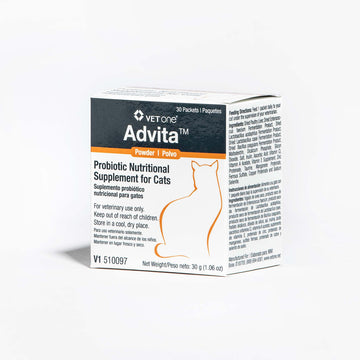
Advita Probiotic Powder Nutritional Supplement for Cats - 1 g
$23.08 / unit
-
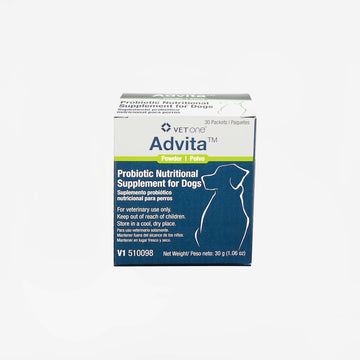
Advita Probiotic Powder Nutritional Supplement for Dogs - 1 g
$15.56 / unit
-
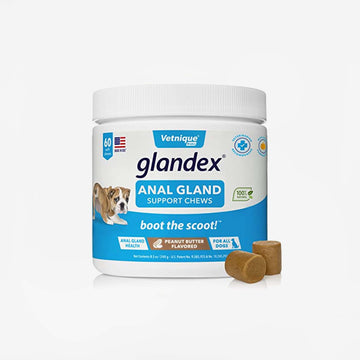
Glandex Peanut Butter Flavored Soft Chews Digestive Supplement for Dogs
$19.99 / unit
Multiple options available
-
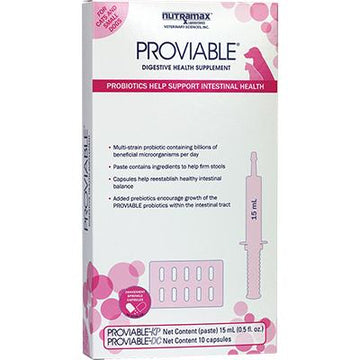
Proviable Kit for Cats & Dogs
$24.59 / unit
Multiple options available
-

Proviable-DC Capsules for Cats & Dogs
$20.69 / unit
Multiple options available
-
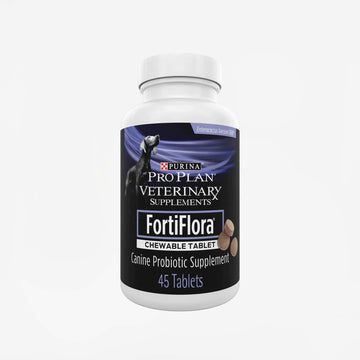
Purina Pro Plan Veterinary Diets FortiFlora Chewable Tablets
$44.99 / unit
Multiple options available
-

Purina Pro Plan Veterinary Supplements FortiFlora Cat Probiotic Supplement for Cats
$30.99 / unit
-

Purina Pro Plan Veterinary Supplements FortiFlora Dog Probiotic Supplement, Dog Nutritional Supplement
$30.99 / unit
-

Purina Pro Plan Veterinary Supplements FortiFlora SA Synbiotic Action Canine Probiotic Supplement
$35.99 / unit
-

Purina Pro Plan Veterinary Supplements FortiFlora SA Synbiotic Action Feline Probiotic Supplement
$35.99 / unit
-
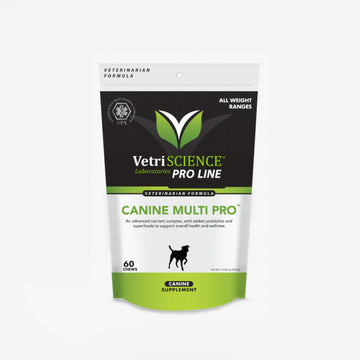
VetriScience Canine Multi Pro Multivitamin for Dogs
$30.99 / unit
-
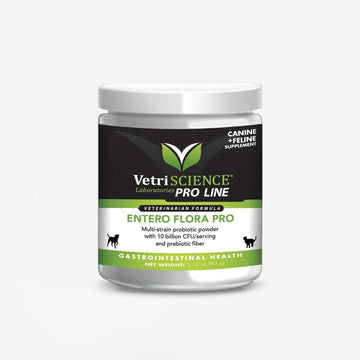
VetriScience Entero Flora Pro Probiotics for Dogs & Cats
$55.40 / unit
-

VetriScience Fast Balance GI Pro Probiotic Paste for Dogs & Cats
$47.19 / unit
-
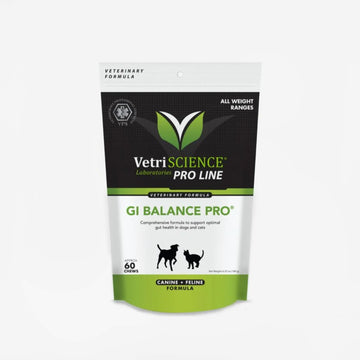
VetriScience GI Balance Pro
$47.19 / unit















